
Learn about Coordinated Universal Time (UTC), the essential standard for global timekeeping in aviation, finance, and computing.

Discover the 12-hour clock format, AM and PM meanings, and how it divides the day into two parts.

Learn the meaning of A.M. and P.M., and their significance in timekeeping.

Discover what UTC time is and why it’s essential for global timekeeping.

Discover which countries predominantly use AM and PM formats for timekeeping, including the cultural ties influencing this practice.

Learn about the UTC offsets in the USA, including EST, CST, MST, and PST and how they change during Daylight Saving Time.

Discover whether midnight is AM or PM in India and how time is categorized in the 12-hour clock system.

Explore if atomic clocks are worth it for your precision needs. Discover their applications in GPS and research.

Discover how accurate your computer system clock can be and learn about the role of NTP in improving precision.

Discover the accuracy of internet clocks and how NTP servers ensure precise timekeeping.

Explore how atomic clocks function and if they can lose time due to environmental factors.

Learn how to check if your radio controlled clock can work abroad based on frequency compatibility.

Learn how Indian time is expressed in 24-hour and 12-hour formats for accurate timekeeping.

Learn about UTC time code, its uses, and its importance in global timekeeping.

Discover why digital clocks are generally more accurate than analogue clocks and learn about their timekeeping methods.

Discover the incredible accuracy of GPS atomic clocks and their role in precise navigation and positioning.

Explore the precision of our time system governed by atomic clocks and leap seconds for global accuracy.

Explore the relevance of Zulu time (UTC) in aviation, military, and meteorology today.

Learn the difference between AM and PM in timekeeping and how they help distinguish morning from evening hours.

Explore how Spain uses both 12-hour and 24-hour clock formats in different contexts.

Discover how atomic clocks define the most precise time globally, utilizing cesium and ytterbium atoms for unmatched accuracy.

Explore the extraordinary accuracy of satellite clocks, crucial for GPS and other technologies requiring precise timekeeping.

Learn why clocks lose accuracy due to temperature variations, aging, and wear. Understand how to keep your clocks precise!
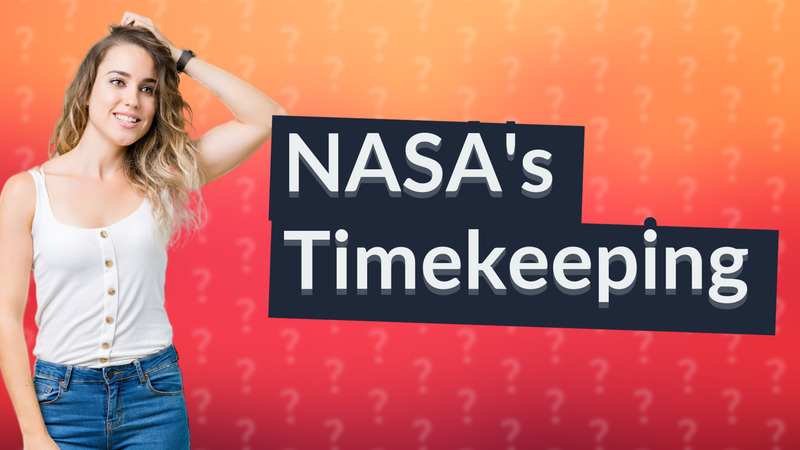
Discover how NASA utilizes Coordinated Universal Time (UTC) for precise mission synchronization and communication.

Discover how accurate different types of clocks are and their ideal usage for timekeeping.
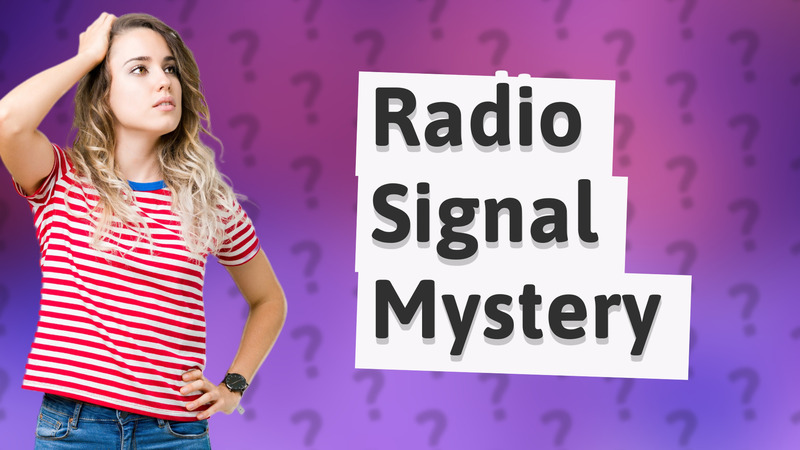
Discover how radio controlled clocks work, receiving precise time signals from atomic clock transmitters for accuracy.

Explore the main differences between digital and analog clocks in terms of design, readability, and aesthetics.

Discover who relies on Universal Time for precision across various fields, including astronomy and aviation.

Learn why atomic clocks are the most accurate timekeeping devices, measuring time with unparalleled precision.

Explore how international standards like UTC ensure our timekeeping is accurate and synchronized globally.

Discover how radio controlled clocks automatically adjust and maintain precise timekeeping with radio signals from atomic clocks.

Learn about the six key time zones in the USA and their significance for scheduling and coordination.

Learn how atomic clocks provide the most precise timekeeping by measuring atomic vibrations.

Discover how accurate various types of clocks are, from atomic to quartz, and learn about their reliability.

Explore the precision of atomic clocks, the most accurate timekeeping devices, and their uses in GPS and international standards.

Explore the reasons behind atomic clock inaccuracies and learn about their precision in timekeeping.

Learn why UTC is considered the most accurate global time standard and how it affects international time coordination.

Discover how GPS time and NTP differ in accuracy and applications in time synchronization.

Discover how clocks ensure accuracy through calibration with atomic time sources and synchronization methods.

Learn about the atomic clock, the most precise timekeeping device using atomic vibrations for unmatched accuracy.

Discover the precision of atomic clocks, the world's most accurate timekeepers, vital for GPS and time standards.

Discover why the Cesium Atomic Clock is the world’s best clock, offering unmatched precision for GPS and more.
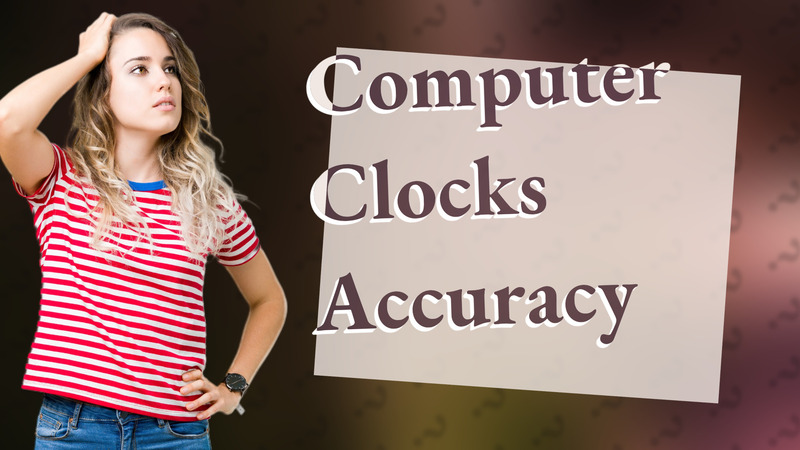
Explore how computer clocks achieve accuracy through synchronization and the impacts of drift.

Discover the precision of the Windows clock and ways to enhance timekeeping accuracy.

Discover the incredible precision of China's atomic clock, losing just one second every 30 million years. Explore its applications and significance.

Learn how Coordinated Universal Time (UTC) ensures 100% accuracy in global timekeeping.

Discover how the Microsoft clock achieves high accuracy through synchronization with internet time servers.

Learn how GPS time clocks achieve incredible accuracy, staying within nanoseconds of UTC for precise timekeeping.

Discover why your atomic clock might be off by 5 minutes and how to fix it with expert tips.

Discover the most accurate timekeeping device - the atomic clock and learn how it measures time with unmatched precision.

Discover the truth about clock accuracy and learn how to achieve precise timekeeping with advanced technology.

Discover how atomic clocks keep time accurately and their importance in global technologies like GPS.

Learn about Coordinated Universal Time (UTC), the most precise time standard, and its applications in syncing devices.

Explore how time clocks maintain accuracy and how to minimize discrepancies through maintenance.

Discover how satellite atomic clocks achieve unparalleled accuracy critical for GPS navigation.

Learn how to measure clock drift using accurate time sources and a simple formula for precise timekeeping.

Discover how atomic clocks, particularly cesium atomic clocks, achieve unprecedented accuracy in timekeeping.

Learn about the NIST optical lattice clock, the most precise clock that won't gain or lose a second in 300 million years.

Learn about the NIST-F2, the world's most accurate atomic clock developed by the U.S.

Uncover the fascinating details of the world's most accurate clock located at NIST, crucial for technology and timekeeping.

Learn about the world's most precise clock located at NIST in Colorado, losing only one second every 33 billion years.
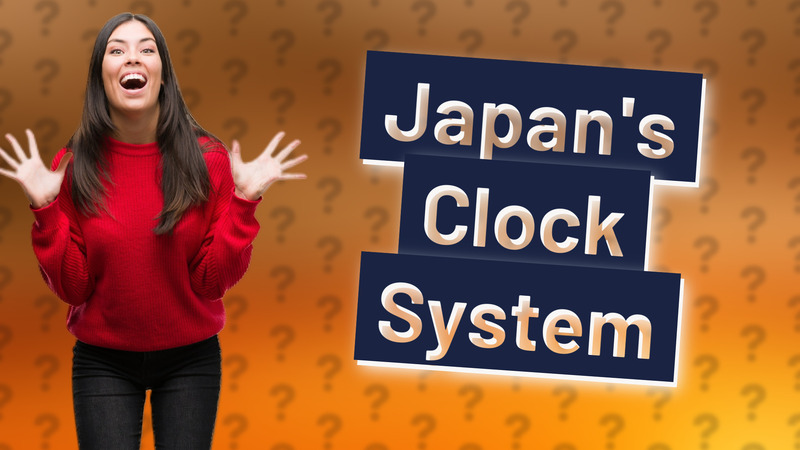
Discover how and why Japan uses the 24-hour clock in public services, alongside the informal use of the 12-hour format.

Discover the accuracy of electric clocks and how synchronization methods can enhance their precision.

Explore the accuracy of digital clocks and learn how to ensure precise timekeeping.

Explore the most precise time source, UTC, maintained by atomic clocks for unparalleled synchronization.

Learn how to tell the exact time using atomic clocks and online services for perfect synchronization.

Discover how satellite clocks achieve incredible accuracy crucial for GPS systems.

Learn about the world's most accurate time, maintained by atomic clocks and synchronized globally for precision.

Explore clock accuracy, from quartz to atomic timekeeping, and discover how different clocks measure true time.

Discover why UTC is considered the most accurate time zone globally and how it impacts timekeeping.

Discover why 1970 is the key date for computer timekeeping and the Unix Epoch's role in simplifying time calculations.

Discover how digital clocks use crystal oscillators to keep precise time and update displays with hours, minutes, and seconds.

Explore the accuracy of analog clocks, their maintenance, and types for optimal precision.

Learn about the origins of the 24-hour clock and its invention in Italy during the Renaissance.

Discover how accurate clocks can be, from atomic clocks to quartz and radio-controlled options.

Discover how radio controlled clocks achieve unmatched accuracy by syncing with atomic clock signals.

Explore how atomic clocks remain the most precise timekeeping devices used in GPS, telecom, and science today.

Discover how precise computer clocks are and the role of network time protocols in time synchronization.

Explore the reality of 13 o'clock in military time. Discover how it relates to the standard clock format.

Explore the accuracy of different clock types, from atomic to household, and learn how to maintain precise timekeeping.

Learn how to determine the correct time by comparing clocks with trusted sources like atomic clocks.

Discover how atomic clocks work and the factors that can affect their accuracy.
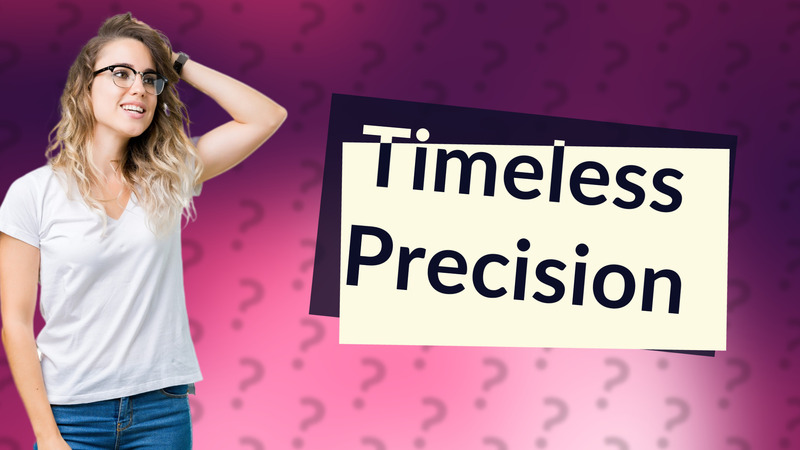
Discover if atomic clocks wear out and learn about their maintenance for precise timekeeping.

Discover how frequently radio-controlled clocks update and ensure precise timekeeping.

Explore how global time synchronization ensures all clocks are accurate using UTC and atomic clocks.

Learn why atomic clocks are the most accurate time devices, measuring time with unmatched precision using atomic vibrations.

Discover how accurate computer clocks are and the technology behind their synchronization.

Explore the accuracy of different clock types like atomic, mechanical, and digital clocks.

Discover why atomic clocks are considered the most precise timekeepers, essential for science and GPS.

Learn why atomic clocks are the gold standard in timekeeping for precision and accuracy.

Learn what Hour 0 means, its significance in timekeeping, and its role in military time formats.

Discover the world's most precise time measurement, managed by atomic clocks under UTC standards.

Discover the origins of AM and PM and how ancient civilizations shaped our understanding of time.